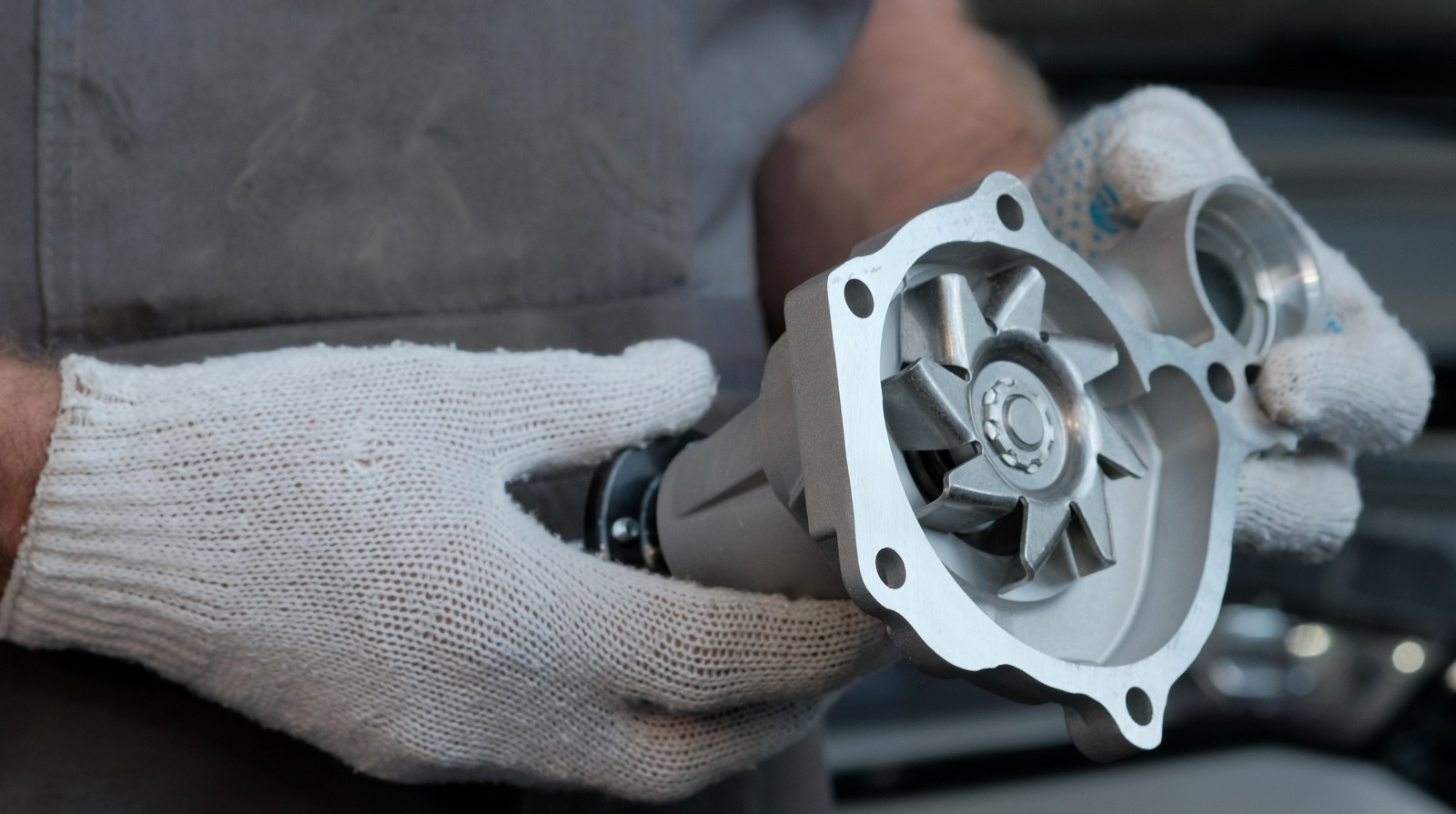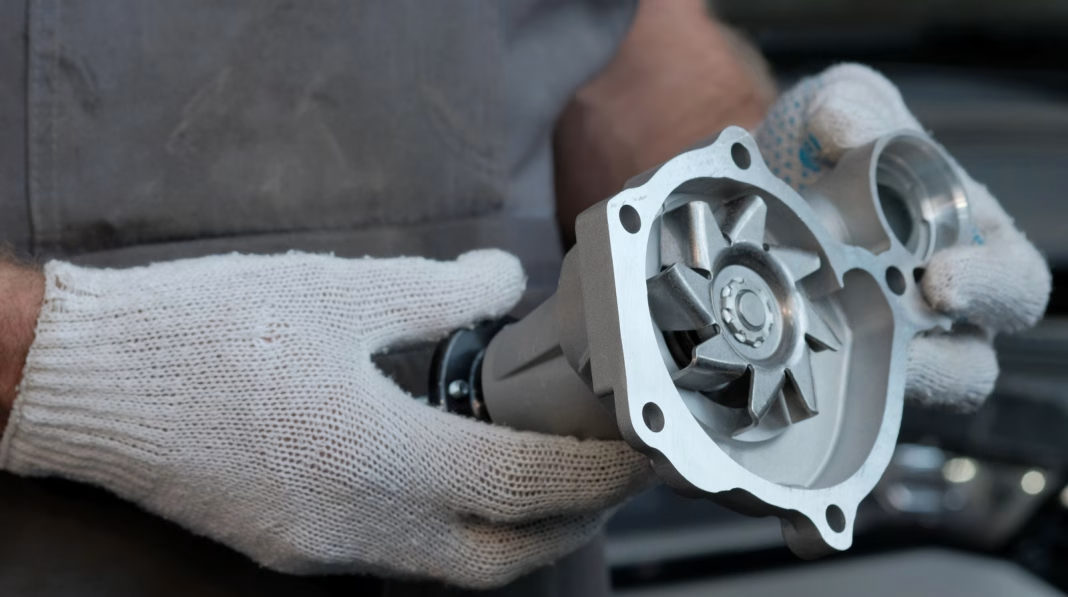What Does a Car’s Water Pump Actually Do?
Ever wondered why your car doesn’t overheat every time you’re stuck in traffic? Thank your water pump. This unassuming part keeps coolant moving through your engine, drawing heat away and sending it to the radiator where it can safely dissipate. Without it, your engine would quickly get too hot to handle—literally. And when a water pump starts to fail, it doesn’t just risk your comfort. It can lead to engine damage that’ll make your wallet cry.
How Can You Tell If Your Water Pump Is Failing?
You don’t need to be a mechanic to spot the warning signs. Your car will often try to tell you something’s wrong—if you’re willing to listen. One of the most common red flags? Strange noises. If you hear a high-pitched whining or grinding sound coming from the front of your engine, don’t ignore it. That could be the bearings inside the water pump wearing out. Sometimes, it’s more of a low rumble or growl. Either way, it’s your cue to pay attention.
Another telltale sign is coolant leaking under your car. If you spot a puddle of bright green, orange, or pink fluid beneath the engine, it might be time to check the water pump. Many pumps have a small “weep hole” that lets coolant escape when the internal seal fails. It’s like your car’s way of crying for help.
Why Ignoring Water Pump Noises Can Cost You Big
Let’s put it bluntly: a failing water pump isn’t just annoying. It can be catastrophic. If the pump gives out completely, your engine can overheat in minutes. According to the Car Care Council, overheating is one of the top causes of engine failure in the US, and water pump issues are a leading culprit. Replacing a water pump might set you back a few hundred dollars, but a new engine? That’s thousands.
There’s also the domino effect. A bad water pump can throw off your serpentine or timing belt, which in turn can damage valves, pistons, or even the entire engine block. It’s a classic case of a small problem turning into a giant headache.
Are There Other Symptoms Besides Noises and Leaks?
Absolutely. Sometimes, the signs are less obvious. You might notice your temperature gauge creeping higher than usual, especially when idling or driving slowly. Or maybe your heater isn’t blowing hot air like it used to. Both can point to a water pump that’s not circulating coolant properly.
In rare cases, you’ll see steam coming from under the hood. If that happens, pull over immediately—it’s a sign your engine is dangerously hot. Don’t risk it.
How Long Should a Water Pump Last?
Most modern water pumps are built to last anywhere from 60,000 to 100,000 miles, depending on your car and driving habits. But life happens. If you drive in stop-and-go traffic, tow heavy loads, or live in a hot climate, your pump might wear out sooner. Regular maintenance—like changing your coolant at the recommended intervals—can help extend its life.
What Should You Do If You Suspect a Problem?
Don’t wait for disaster. If you hear odd noises, see coolant leaks, or notice your temperature gauge acting up, have your car checked by a trusted mechanic. They can pressure-test the cooling system, inspect the water pump, and let you know if it’s time for a replacement.
It’s also smart to replace the water pump when you’re having your timing belt or chain serviced. Many manufacturers recommend doing both at once, since the labor overlaps. It’s a bit more upfront, but it saves you money and hassle down the road.
Can You Prevent Water Pump Failure?
While no part lasts forever, you can stack the odds in your favor. Stick to your car’s maintenance schedule. Use the right type of coolant—mixing brands or using the wrong formula can corrode the pump’s internals. And if you ever notice your engine running hotter than normal, don’t just top off the coolant and hope for the best. Find out why.
The big takeaway? Water pump health isn’t about perfection—it’s about smarter adjustments. Start with one change this week, like listening for new sounds or checking for leaks, and you’ll likely spot the difference by month’s end. Your engine—and your wallet—will thank you.


